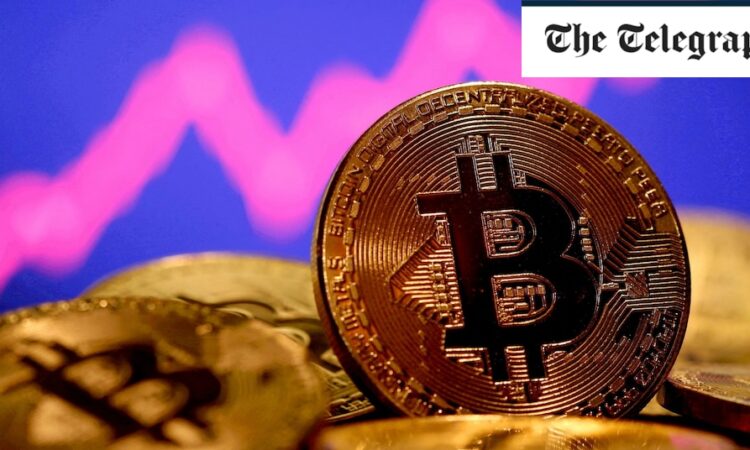
Look beneath the bonnet, however, and you find that the frothiness in markets is quite narrow and well defined. In the US, it’s been largely driven by the so-called Magnificent Seven – just seven tech giants whose humongous value, driven partly by the distortions of passive investing, grows bigger by the day.
In Europe, we have the absurdly named “Granolas”, a tech and life sciences heavy group of eleven companies chosen by Goldman Sachs as a kind of foil to America’s Magnificent Seven. They don’t come anywhere close, obviously, but they have the same characteristics in terms of hoovering up much of the available investment interest.
Underpinning these focal points for investment pounds, dollars and euros is the great artificial intelligence gold rush, which with some justification is now thought of in some quarters as even bigger than the dot-com mania at the turn of the century.
If we strip these companies out, then stock markets begin to look far less expensive, and in some cases actually remarkably good value – so much so in the case of the UK that the London stock market is beginning to attract a wave of overseas bidders.
Roll up, roll up for the UK’s great bargain basement clear-out. It is as if the entire country has been put up for sale. After attracting two takeover bids in little more than a month, Wincanton, a West Country based logistics firm, finds itself worth twice what it was a few months back.
Overseas bidders can see the value, even if UK investors were unable to. Small wonder the UK stock market is dying on its feet. There’ll soon be nothing left.
In any case, when the bitcoin sell-off comes, it is likely to be quite stock and asset specific. The froth will blow away, but the rest of the market might come through relatively undisturbed.
None of this is to say a crash is imminent. Bitcoin could yet double again before gravity takes hold, such is the madness that grips it. But end in tears it will, as it always does when US regulators loosen the chains on the wild west frontiers of finance.






